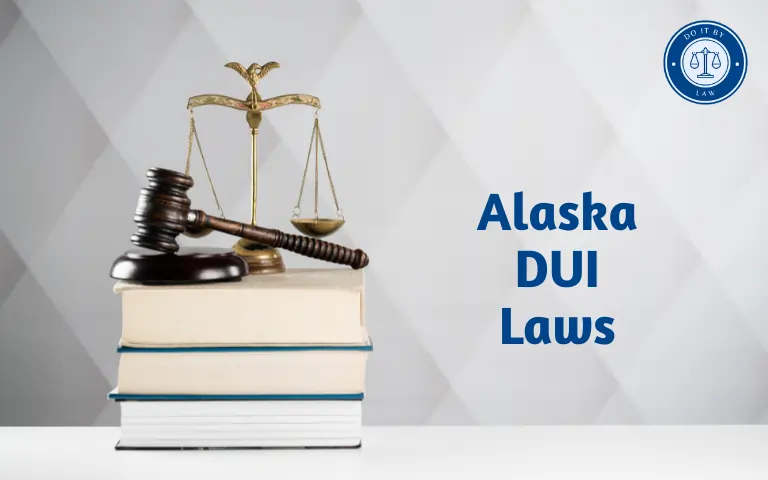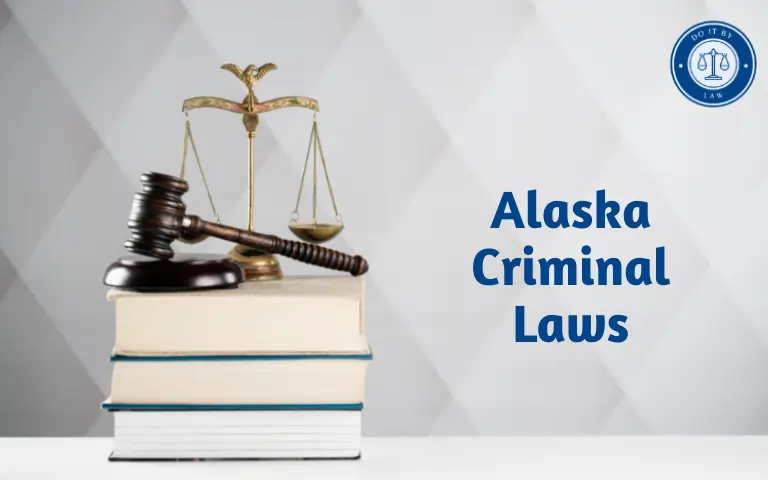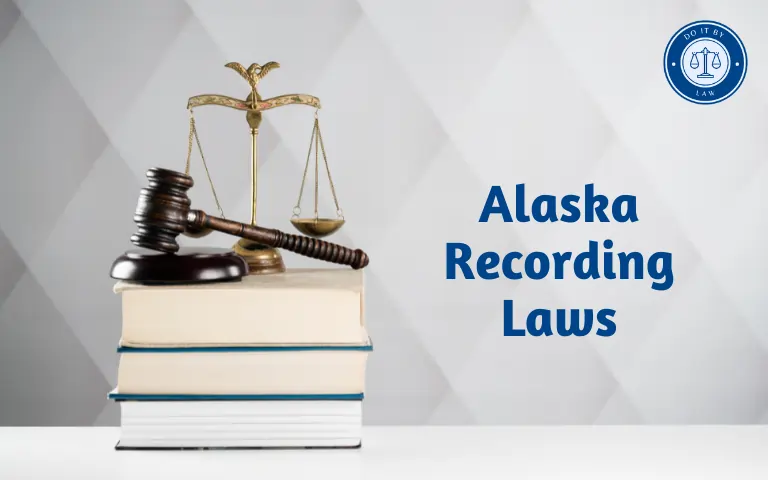Common Law Marriage in Alaska: What You Need to Know
Alaska does not legally recognize common-law marriages formed within the state. However, the state will generally respect common-law marriages formed in other states that permit them. This article provides an overview of Common Law Marriage in Alaska.
When Common Law Marriage in Alaska Enacted and Why
Alaska has never had laws allowing the creation of common law marriages within the state. The policy choice stems from longstanding legal traditions brought by American settlers and government administrators.
Lawmakers also wanted clear legal distinctions between the rights and responsibilities of married versus unmarried couples in areas like child custody, asset division, and financial support. However, Alaska courts will usually honor common law marriages lawfully created in other states.
Who Common Law Marriage in Alaska Applies To
It’s important to clarify that Alaska does not recognize common law marriage. This means that simply living together or holding yourself out as a married couple for any length of time will not have the same legal effects as a formal marriage in Alaska.
Therefore, the concept of “who common law marriage applies to” doesn’t hold weight in the context of Alaskan law. Here are some alternative options for establishing a legal relationship in Alaska:
- Formal marriage: Getting married through a ceremony officiated by an authorized person and obtaining a marriage license is the only way to have a legally recognized marriage in Alaska.
- Domestic partnership: This is a legal relationship registered with the state that provides some of the same rights and benefits as marriage, but not all. To qualify, both partners must be at least 19 years old and neither can be married to someone else.
- Cohabitation agreement: This is a private contract between two individuals who live together that outlines their shared responsibilities and financial arrangements. While not a legal marriage, it can help clarify expectations and avoid disputes in the future.
It’s always advisable to consult with an attorney if you have questions about your legal rights and options regarding relationships in Alaska. They can provide personalized advice based on your specific circumstances and ensure you understand the legal implications of different choices.
Common Law Marriage in Alaska Restrictions and Penalties
Because Alaska doesn’t recognize resident common law marriages, the main impact falls on couples failing to certify informal relationships not qualifying for spousal rights and benefits.
The lack of status prevents unmarried partners from accessing privileges like tax exemptions, inheritance claims, medical decisions, parental custody, asset division, and post-separation financial support available to married spouses.
Instead cohabitating couples face treatment under laws and policies for single, non-familial partners with none of the protections, property claims, financial claims, or court enforcement powers granted legal spouses.
Common Law Marriage in Alaska Recent and Proposed Changes
Citing hardships created by non-recognition, advocates occasionally push for legalizing informal Common Law Marriage in Alaska to extend economic and parental protections. Similar campaigns arose in past decades but the current ban has remained firmly entrenched.
Most recently, an Anchorage legislator in 2021 sponsored a bill establishing a 5-year cohabitation period qualifying resident couples for common law marital status. It garnered little support and quickly stalled out. No current efforts actively seek to create new in-state allowances.
Common Law Marriage in Alaska Controversies and Debates
Alaska’s refusal to recognize common law marriage mainly impacts lower-income cohabitating couples facing separations or death. Wealthier partners can afford to formalize their bonds and establish protections through legal documentation.
Creating allowances for these informal bonds based on the duration of living together balances policies of supporting families against devaluing certified formal marriages. But crafting equitable legal qualifications and verification methods poses challenges Alaska so far declined to tackle.
Conclusion
The denial of common law marital rights for unmarried Alaska couples except for narrow tribal allowance prevents informally cohabitating partners from accessing spousal protections when relationships end. With no current momentum toward state recognition, unmarried couples face continued hardships during separations and estate disputes.







